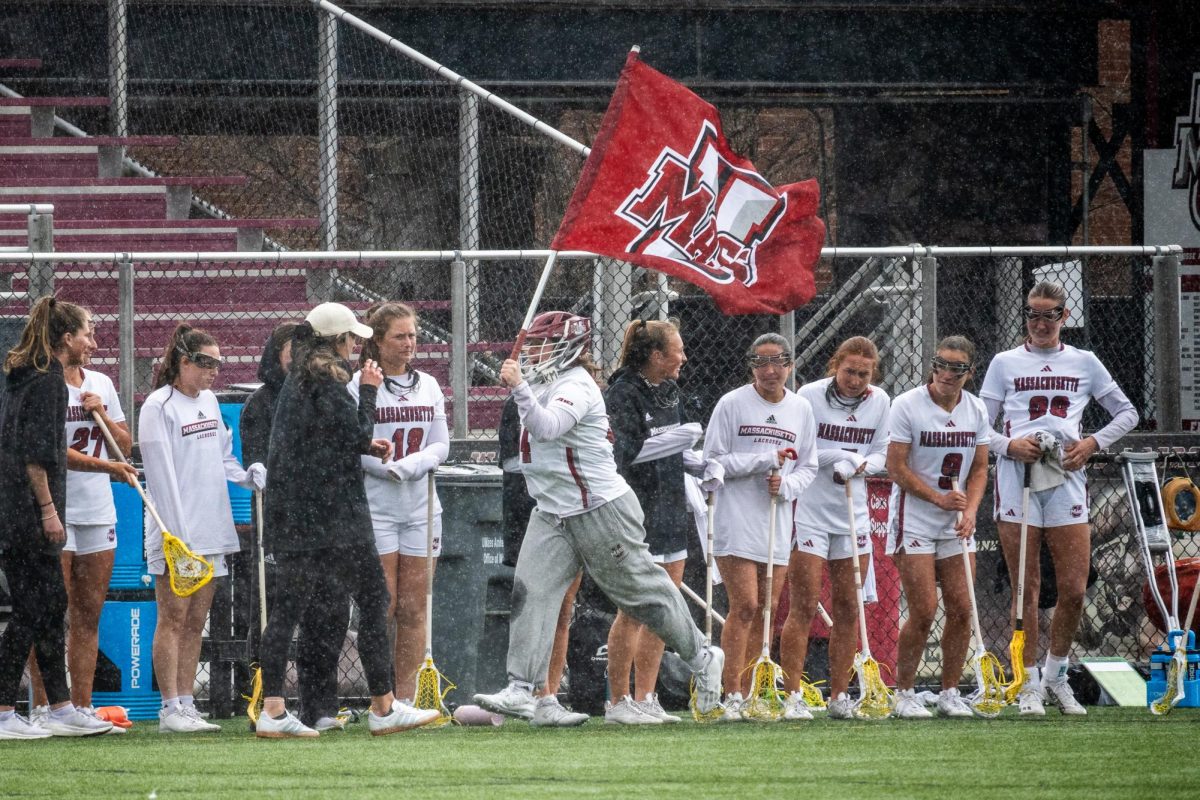The Massachusetts House of Representatives has given preliminary approval to the Baby Safe Haven/Newborn Protection bill. The bill will now move onto the Senate floor for further legislation, which has the possibility to hold it for as long as the next seven weeks of the current legislative session.
Currently, there are already two Baby Safe Haven bills stalled in the House Ways and Means Committee. If approved, Massachusetts would become the 42nd state to establish Baby Safe Haven laws in the United States.
The Baby Safe Haven/Newborn Protection laws give parents the ability to “drop off” their infant (within a decided time period, generally 72 hours following birth) off in a designated safe place such as a police station, hospital, or other state sanctioned facilities without fear of criminal prosecution.
Advocates of the laws say that they allow parents to separate themselves completely from the responsibility a child brings without becoming criminals in the eyes of the state. Upon relinquishment of the child, the parents give up their rights to the child in the future. According to the Center for Disease Control, babies on the day of their birth are within a group of 10 that are most likely to be murdered.
This probability increases dramatically, the Center says, if the child is born to an unwed mother who has given birth away from a hospital.
Currently, 41 states have approved and established Safe Haven programs, and Pennsylvania is making moves to be the 42nd. During his term as Governor of Texas, President George W. Bush signed into law the first of the Safe Haven bills in 1999. The state of Texas has also allocated further federal funds to publicize the laws and educate their citizens about them.
Similar laws are currently being debated by the remaining eight states unprotected by the laws. Although safe havens are legal in Connecticut and New York, they remain absent in Vermont and New Hampshire, Massachusetts’ closest neighbors in the New England area.
Smaller states, and conservative Republican states were, according to Safe Haven advocates, the first states to issue the laws.
“It’s much more of a conservatives’ issue,” said Safe Haven advocate Michael Morrisey. “Republican governors are much more likely to pass the bills. Sixty percent have been signed by Republican governors.”
Also proponents of the bills are Pro-life groups, according to Morrisey. He has worked on promoting and getting Safe Haven bills passed since he and his wife, Jean, buried abandoned baby Rebecca Mary in November of 2001. Morrisey explained that pro-life groups are interested in giving children, unborn and born, every chance they can get. Pro-life groups are as well proponents; however, according to Morrisey, they have not contributed as many core supporters and volunteers as the pro-life groups have.
Following the burial of Rebecca Mary, Morissey said that he was upset by the lack of action state legislators took following the case of Baby Rebecca Mary.
“Not a single Massachusetts state official came forward in outrage in the fact that if Massachusetts had implemented a true ‘Safe Haven’ law with immunity and anonymity, then made the public aware of the law, we might have seen Baby Rebecca Mary about to have her first Christmas with a loving family,” he said in a statement to the Boston Herald on Nov. 28, 2001.
There have been at least six reported cases of infant abandonment in Massachusetts since Sept. 1, 2001, according to Morrisey. One of these is the case involving former UMass student Jennifer Paluseo, 19, of Plymouth, Mass., who is currently charged with homicide and the improper disposal of human remains.
Paluseo was arraigned on June 20 after her nine pound, male newborn was found in a trash receptacle in James Dormitory on May 2. Then a freshman, Paluseo withdrew from the University before the conclusion of her spring semester and has since been living at home with her parents. According to Paluseo’s court appointed lawyer, Terry Nagel, her family posted the $25,000 bail.
Morissey believes that it is cases like Paluseo’s, and the average two to six known newborn abandonment cases a year, that have prompted the House to approve the current bill.






